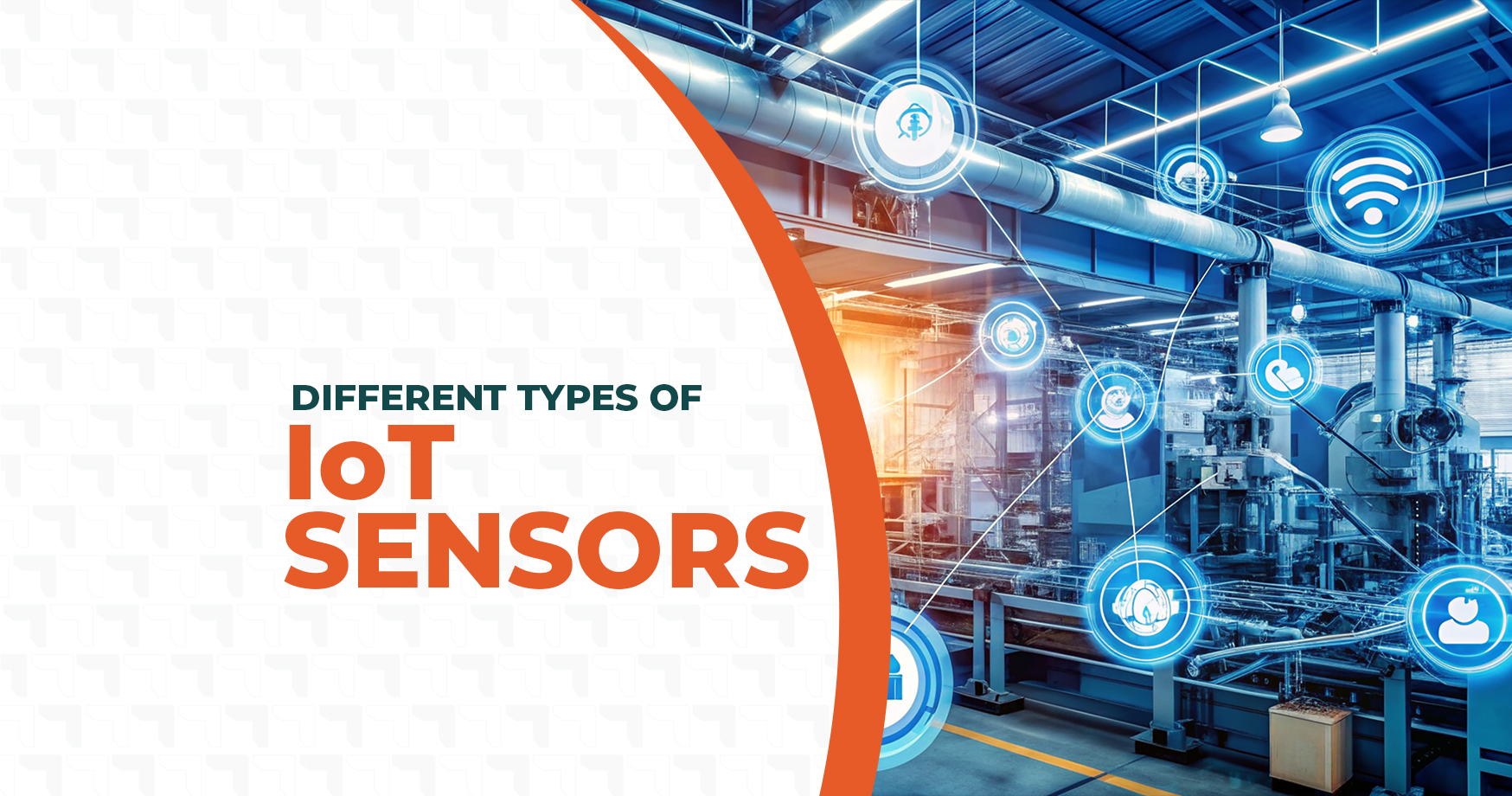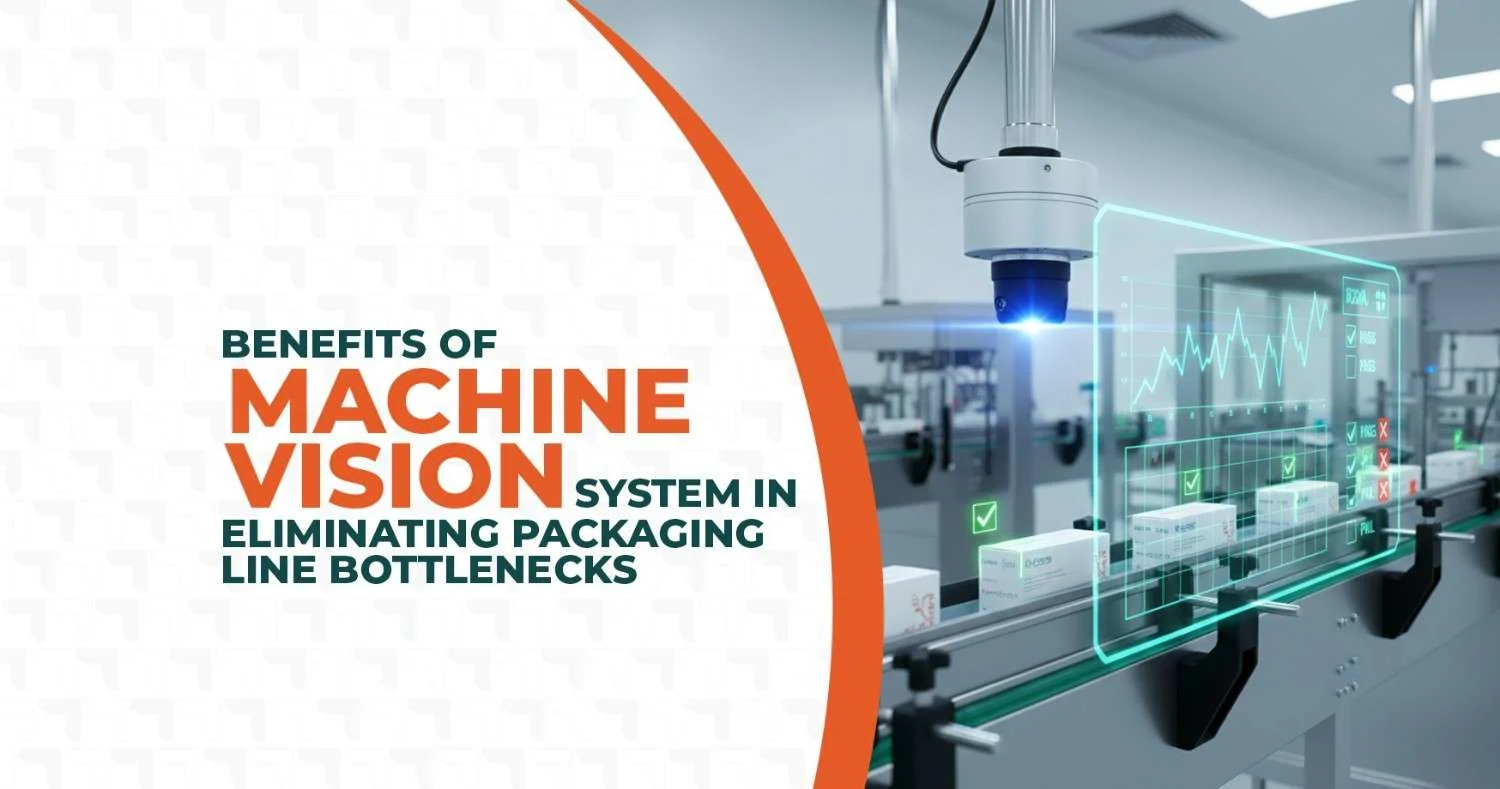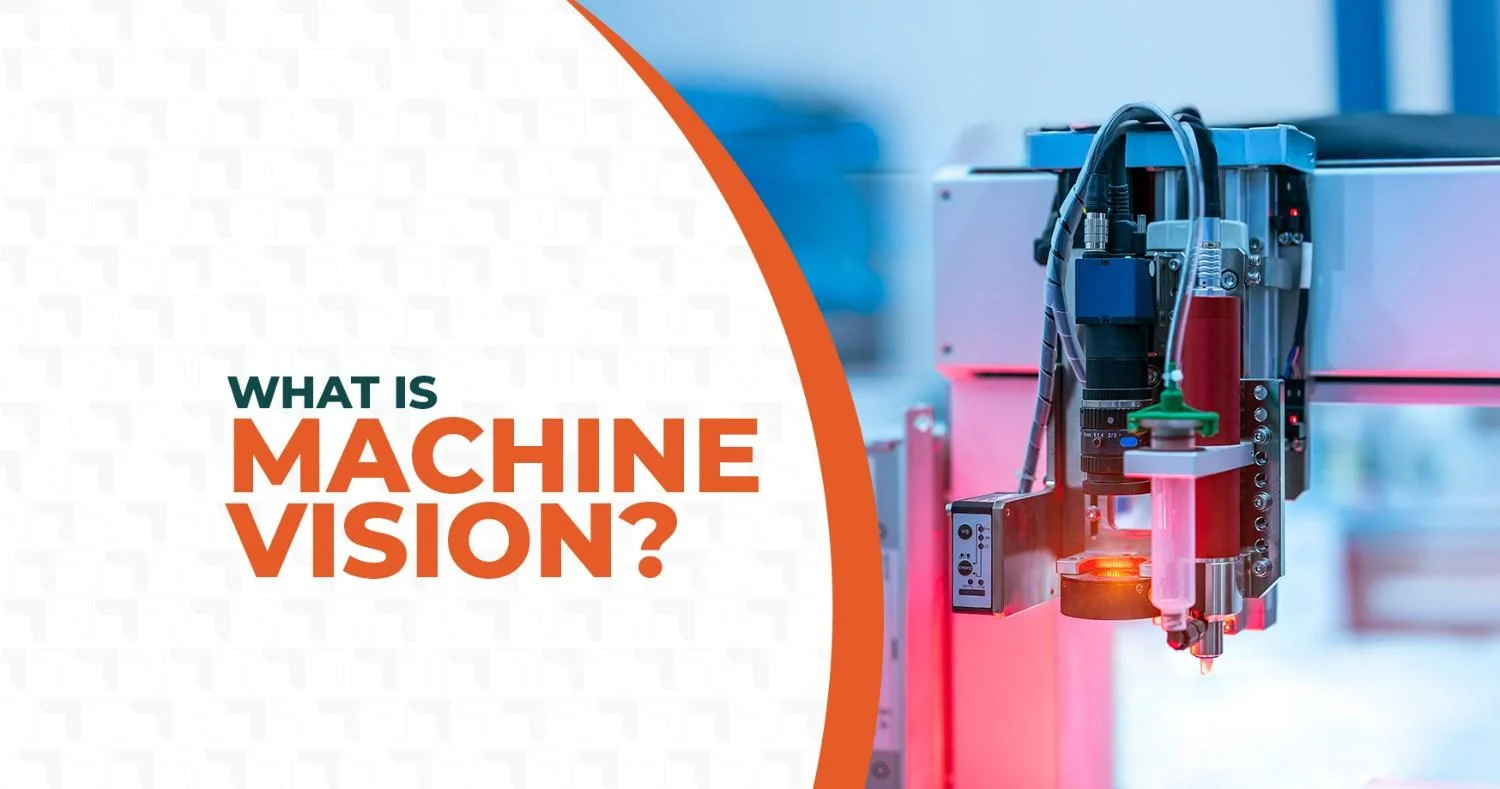
10 Major Benefits of Barcode Scanners
Barcodes are everywhere, from your neighborhood grocery store to large-scale warehouses. But other than just price tags, they are currently playing a big part in how modern businesses operate.
A barcode stores information in a visual pattern (usually black lines and white spaces), which can be quickly scanned to retrieve product details, track inventory, or update databases in real time.
India’s barcode scanner and printer market is projected to grow steadily, especially in sectors like retail, logistics, and healthcare. Hence, more businesses are turning to barcode-based systems to simplify their processes. Read this blog to discover the reasons behind this widespread transition and how barcode scanners play a key role in making it possible.
Why are barcode scanners important to automate a business?
Barcode scanners are electronic devices that read and interpret barcodes, translating them into digital data. This technology enables businesses to automate the process of data entry, inventory tracking, and product identification.
The working principle of barcode scanners involves emitting a light source that reflects off the barcode. The scanner detects this reflected light and converts it into electrical signals, which are then decoded into meaningful information by a computer system. This process provides a scope of real-time data collection and integration with various business systems, thereby doubling down on operational efficiency.
Also, you can read more about how a barcode works to gain a better understanding of how exactly it provides benefits to a business.
Top Benefits of Using Barcode Scanners
Implementing barcode scanners offers numerous advantages that contribute to the automation and optimization of business processes. Read the list of benefits below that outline the actual reasons why businesses are taking an interest in this technology on an operational front:
1. Faster Data Capture
Manual data entry is time-consuming and prone to errors. Barcode scanners significantly speed up the data capture process, allowing for rapid scanning of products and documents. In high-volume environments like warehouses and retail stores, this creates a window for quicker checkouts and inventory management. This efficiency reduces queue times and boosts customer satisfaction. It also shortens the order processing cycle, allowing teams to handle more transactions in less time.
You can read more about what inventory management is in order to understand how barcodes come into the picture for this particular workflow.
2. Higher Accuracy with Fewer Human Errors
Manual data entry often leads to mistakes that can cause inventory mismatches and slow down operations. Barcode scanners help overcome this by automating data capture with up to 99.99% accuracy, ensuring reliable, error-free process tracking. This minimizes costly errors like shipping the wrong items or miscounting stock. Accurate data leads to better reporting, which improves operational visibility and control.
3. Improved Inventory Management
Barcode scanners provide that eagle-eyed vision for real-time tracking of inventory, thereby executing efficient cycle counting and stock management. This helps in reducing stockouts and overstocking, ensuring optimal inventory levels. They also make it easier to forecast demand and maintain balanced inventory across multiple locations. They support first-in, first-out (FIFO) practices and enable faster stock reconciliation. Real-time insights allow businesses to make better purchasing and stocking decisions.
4. Easy Implementation & Minimal Training
Modern barcode scanners are designed for plug-and-play functionality, making them easy to integrate into existing systems. Their user-friendly interfaces require minimal training, so even new staff can get up to speed in no time. This means businesses can get started quickly without the need for lengthy onboarding. Less time spent training also results in reduced disruption to day-to-day operations.
5. Cost Savings Across Operations
Barcode scanners help logistics teams work smarter by automatically capturing data, which reduces manual entry errors and speeds up operations. This not only cuts down on labor costs but also minimizes material waste during handling and shipping. While there’s an upfront cost to adopting barcode technology, businesses often see a quick return on investment thanks to improved accuracy, faster order processing, and better inventory control. They also help in reducing losses due to shrinkage, misplacement, or theft.
6. Increased Productivity & Time Savings
In retail, barcode scanners make the checkout process faster and smoother, which leads to happier customers and shorter queues. In warehouse operations, they simplify both inbound and outbound logistics by quickly recording product movements. This automation frees up staff to focus on more important, value-added tasks like inventory planning and quality control. The result is faster turnaround times and more output without increasing manpower. Staff can allocate their efforts to roles that require human judgment, not just data entry.
7. Real-Time Data & Better Decision-Making
Integrating barcode scanners with ERP and warehouse management systems provides instant visibility into stock movements and sales data. This real-time information supports informed decision-making and strategic planning for further business cycles. Managers can quickly identify trends, track fast-moving items, and prevent stock imbalances. Access to up-to-date data empowers teams to respond faster to operational issues.
8. Versatility Across Industries
Barcode scanners are utilized in various sectors:
- Retail: For pricing and inventory control.
- Healthcare: For patient identification and medication tracking.
- Logistics: For shipment tracking and warehouse management.
- Manufacturing: For parts tracking and quality control.
Their rugged designs and varied scanning capabilities suit everything from retail counters to industrial floors. This makes them a flexible solution that scales with the needs of different industries.
9. Enhanced Customer Experience
Barcode tracking improves customer experience by speeding up service and reducing mistakes during transactions. From point-of-sale (POS) systems and ticket counters to eCommerce order processing, they help businesses ensure correct order fulfillment and reduce returns, which keeps them satisfied with reliable service every time. Fewer errors mean fewer customer complaints and higher satisfaction levels. Consistent, accurate service builds customer trust and brand loyalty.
10. Wireless & Mobile Barcode Scanning
Wireless barcode scanners offer mobility and flexibility, allowing employees to scan items without being tethered to a workstation. This is particularly beneficial in large warehouses and retail floors. It enables real-time scanning in aisles, loading docks, and across storage areas. Workers can complete tasks more efficiently without needing to move back and forth.
Conclusion
Barcode scanners have become an essential tool in today’s business environment, helping companies improve speed, accuracy, and operational yield. Right from reducing manual errors to speeding up data capture, their use has transformed workflows across industries and resulted in successful cost-cutting and better customer service.
Bar Code India offers a complete range of barcode solutions, including scanners, printers, handheld terminals, labels, ribbons, spares, and accessories. Our products can fit various industry needs and ensure smooth integration with your existing systems and maximum performance.
Connect with our experts to avail this intelligent barcode solution for your operations. And for a broader understanding of this tech setup, you can check out our blog that explains the basics, like what a barcode is and how it fits into the bigger picture of your operations.
FAQs
Q1: What are the advantages of using barcode scanners in a warehouse?
Ans: Barcode scanners improve warehouse efficiency by enabling quick and accurate inventory updates during receiving, putaway, picking, and dispatch. They help reduce manual entry errors, speed up order fulfillment, and give managers real-time visibility into stock levels for better decision-making.
Q2: Are barcode scanners expensive to implement?
Ans: Not at all. Most barcode scanning systems are affordable and easy to set up. With minimal training and hardware requirements, businesses often see a return on investment through faster operations and fewer inventory errors within months.
Q3: Can barcode scanners work without the internet?
Ans: Yes, many barcode scanners support offline mode. They store scanned data internally and sync it with your inventory or ERP system once reconnected to the network, making them useful even in remote or low-connectivity zones.
Q4: What industries benefit the most from barcode scanners?
Ans: Industries like retail, logistics, healthcare, and manufacturing rely heavily on barcode scanners. Whether it's tracking inventory, improving patient safety, or automating production lines, barcode technology offers consistent performance across varied use cases.



